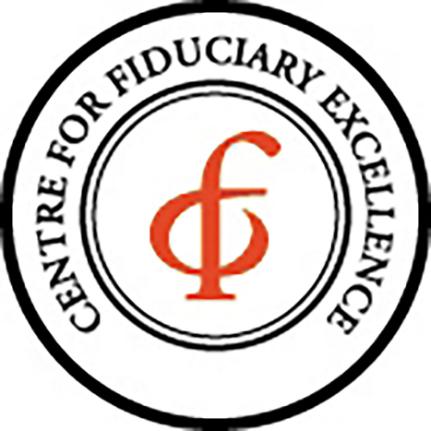Note: This information is from 2021 but much has changed since then. Please be sure to discuss your unique financial situation with your McKinley Carter Advisor or another trusted professional.

McKinley Carter's Nonprofit Advisory Services division has been awarded certification from the Centre for Fiduciary Excellence, LLC (CEFEX) that demonstrates the firm's adherence to fiduciary best practices, signifying conformance to a recognized global standard of fiduciary excellence.
In 2018, McKinley Carter was honored to announce our Retirement Plan Services certification from the Centre for Fiduciary Excellence, LLC (CEFEX); and today, we are very excited to announce that our Nonprofit Advisory Services division has been awarded the same designation. This certification is only granted by CEFEX to firms that demonstrate adherence to fiduciary best practices. It is a hallmark accomplishment for our Nonprofit Advisory Services as it signifies conformity to a recognized global standard of fiduciary excellence.

This certification means we understand the importance of having a documented investment process, thereby helping promote our clients' confidence that their investment strategies are being prudently organized, formalized, implemented, and monitored. Additionally, our firm is being annually monitored by an independent third party, which effectively helps our clients manage their fiduciary obligations. In short, this certification helps increase our clients' trust in us.
As part of our commitment to excellence, we will continue to educate our clients around sustainable nonprofit business practices in the areas of long-term planning, fund development, and governance. An important component of best practices in governance includes a board member’s understanding of his or her role as a fiduciary.
An investment fiduciary (whether you are an advisor or board member) is an individual who has responsibility for the management of the organization’s financial assets and is therefore in a special position of confidence, reliance, and trust.
The two most fundamental duties of fiduciaries are loyalty and care.
- The duty of loyalty requires fiduciaries to act in the best interest of those they serve and to avoid or properly manage conflicts of interest.
- The duty of care is focused on prudence and due diligence and includes well documented processes. It encompasses numerous obligations including that the fiduciary be competent. This means acting with the care, skill, prudence, and diligence that a prudent professional would exercise when acting in a like capacity, under comparable circumstances. A steward who is unable to meet this standard, must delegate responsibilities to a qualified expert.
As MCWS meets with each nonprofit client in the coming months, more will be shared about this exciting development and our regular and CEFEX-related education offerings to your organization will continue. In the meantime, we are always willing to meet with you, your board, or your finance committee; we are ready and willing to provide educational services that will help put you on the path to sustainability, and ultimately help you meet your mission.
To learn more about the value of CEFEX for endowments and foundations, watch this short video.
About CEFEX®
CEFEX®, Centre for Fiduciary Excellence, LLC, a Fi360® company, is an independent certification organization. CEFEX works closely with industry experts to provide comprehensive assessment programs to improve the fiduciary practices of investment stewards, advisors, recordkeepers, administrators and managers. CEFEX is based in Pittsburgh, PA. Learn more at www.cefex.org via Twitter or on LinkedIn.
